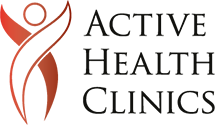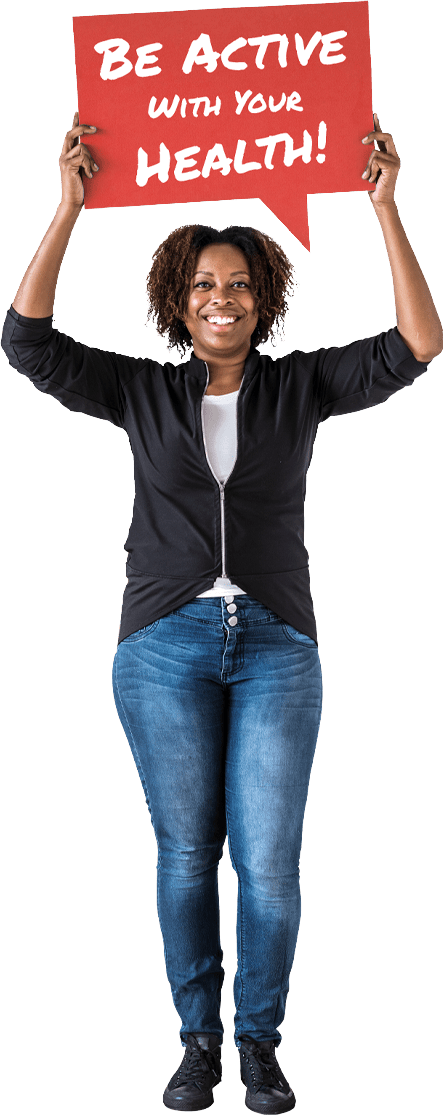FAQs about Reiki
Although thousands of people utilise reiki treatments each year, it does not mean that everyone knows what reiki is and what to expect during their treatment. We have answered some of the common questions patients might have when considering reiki.
‘Reiki’ is usually translated in the West as meaning ‘Universal Life Energy. It is based on the idea that an unseen “life force energy” flows through us and is what causes us to be alive. If one’s “life force energy” is low, then we are more likely to get sick or feel stress, and if it is high, we are more capable of being happy and healthy.
Reiki is based on working with, and channeling this energy. This energy can also be referred to as ‘chi’. The intention of this energy technique is that if you can harmonise your energy system, you are putting your body in the best possible position to heal itself on all levels: physical, mental, emotional and spiritual. In fact, the Chinese view is that chi not only flows through your body, but surrounds and engulfs you, too.
The Reiki practitioner has been attuned to Reiki, thus opening the channels allowing the healing to be passed on to the client. With origins in Japan this method has been passed on through a lineage the symbols given to Dr. Mikao Usai the founder of the Reiki system of natural healing. He recommended that one practice certain simple ethical ideals to promote peace and harmony, which are nearly universal across all cultures.
The reiki principles are:
- Just for today do not worry
- Just for today, do not anger
- Honour your parents, teachers and elders
- Show gratitude to every living thing
No, its use is not dependent on one’s intellectual capacity or spiritual development and therefore is available to everyone. Reiki is not a religion. In fact, Reiki is not dependent on belief at all and will work whether you believe in it or not.
Reiki has been effective in helping virtually every known illness and malady and always creates a beneficial effect. It also works in conjunction with all other medical or therapeutic techniques such as reflexology and massage to relieve side effects and promote recovery and well-being.
Yes, because it is so gentle it can be used on babies, the elderly and the sick. It is becoming much more wildly used in hospitals. And many nurses and doctors are beginning to see the benefits of Reiki and becoming attuned themselves.
During the first session the therapist will ask you some questions about your medical history, lifestyle and health.
A treatment feels like a wonderful glowing radiance that flows through and around you. Reiki treats the whole person including body, emotions, mind and spirit creating many beneficial effects that include relaxation and feelings of peace, security and well-being.
The Reiki Practitioner will ask you what you would like to focus on during the Reiki session. You are fully clothed on a massage table. The Practitioner will lightly lay their hands on or above your body. Typical positions of the Practitioner’s hands are on your: head, shoulders, stomach, arms, legs, and feet (or you may prefer not to have touch). If you are not comfortable with touch, please notify the Practitioner to adjust the treatment. Your energy field (aura) will also be treated with Reiki.
Often used with guided meditation Reiki uses healing energy on areas of concern around the body. The treatment is given with the client fully clothed and the practitioner places their hands on or just above the body, leaving the client calm and relaxed.
Treatment times vary depending on the individual. On average, the whole treatment usually lasts between 45 and 60 minutes. Sessions are typically scheduled once a week or every 2 weeks. Each session is accumulative in maintaining the free flow of your energy centres. Healing is in layers occurring over time. No two sessions are alike.
Most of the time a client will feel relaxed and uplifted by a Reiki treatment. However, sometimes a client will have what is called a healing crisis. As a person’s vibration goes up, toxins that have been stored in the body will be released into the blood stream to be filtered by the liver and kidneys and removed from the system. When this happens, sometimes a person can get a headache or stomach ache or feel weak. If this happens, it is a good idea to drink more water, eat lighter meals and get more rest. The body is cleansing as part of the healing process so this is a good sign.
It is advisable to drink lots of water after a treatment and to avoid alcohol for 24 hours if you can to help with the detoxification process. It is also advisable to avoid eating a large meal for at least 2 hours after a treatment. It is helpful to “go with the flow” and listen to your body, if you feel tired after a treatment you should not push yourself but go to bed and sleep if you can.
Speak to an expert
Our entire team offer FREE 15 minute consultations. It’s a no obligation opportunity to discuss your problem and learn what treatment is right for you and your problem.
We’ll even recommend other practitioners and treatments if there’s a more effective option available.
Call us today on 01628 626 565 to book a consultation or fill in the form below & we’ll call you back
Receive expert advice from our team.
Call us on 01628 626 565
Our friendly reception team are on hand to make bookings and answer any questions you may have.







